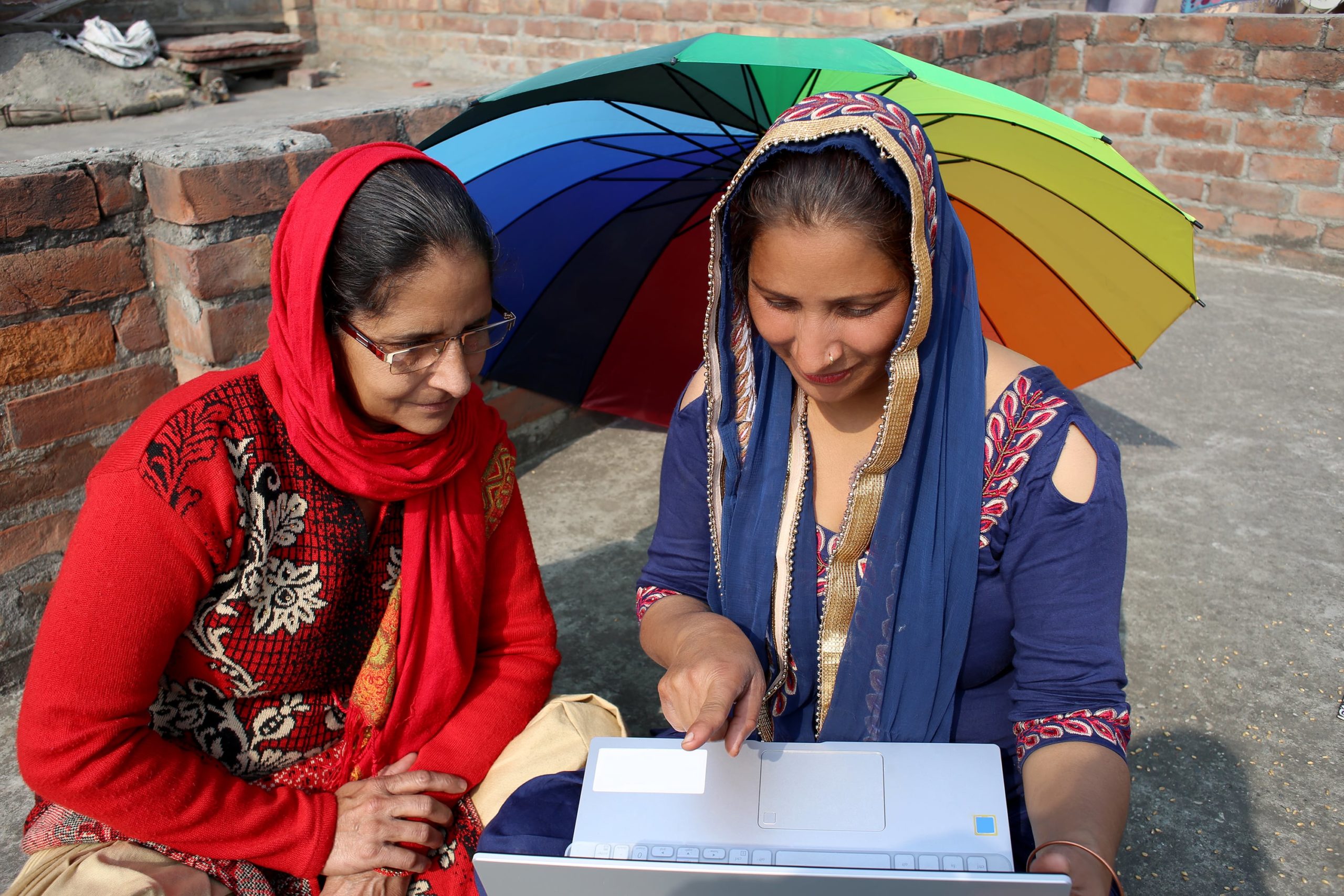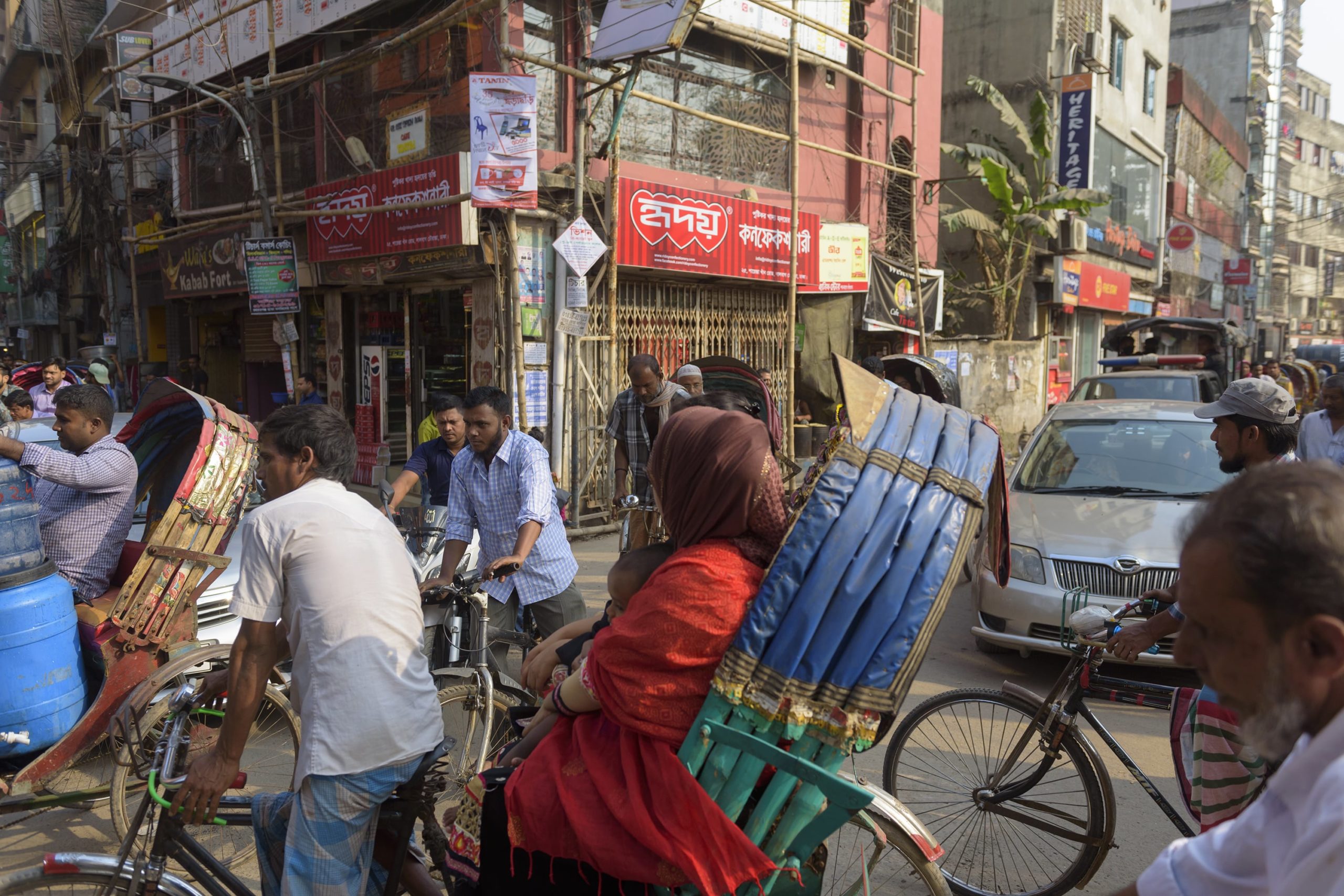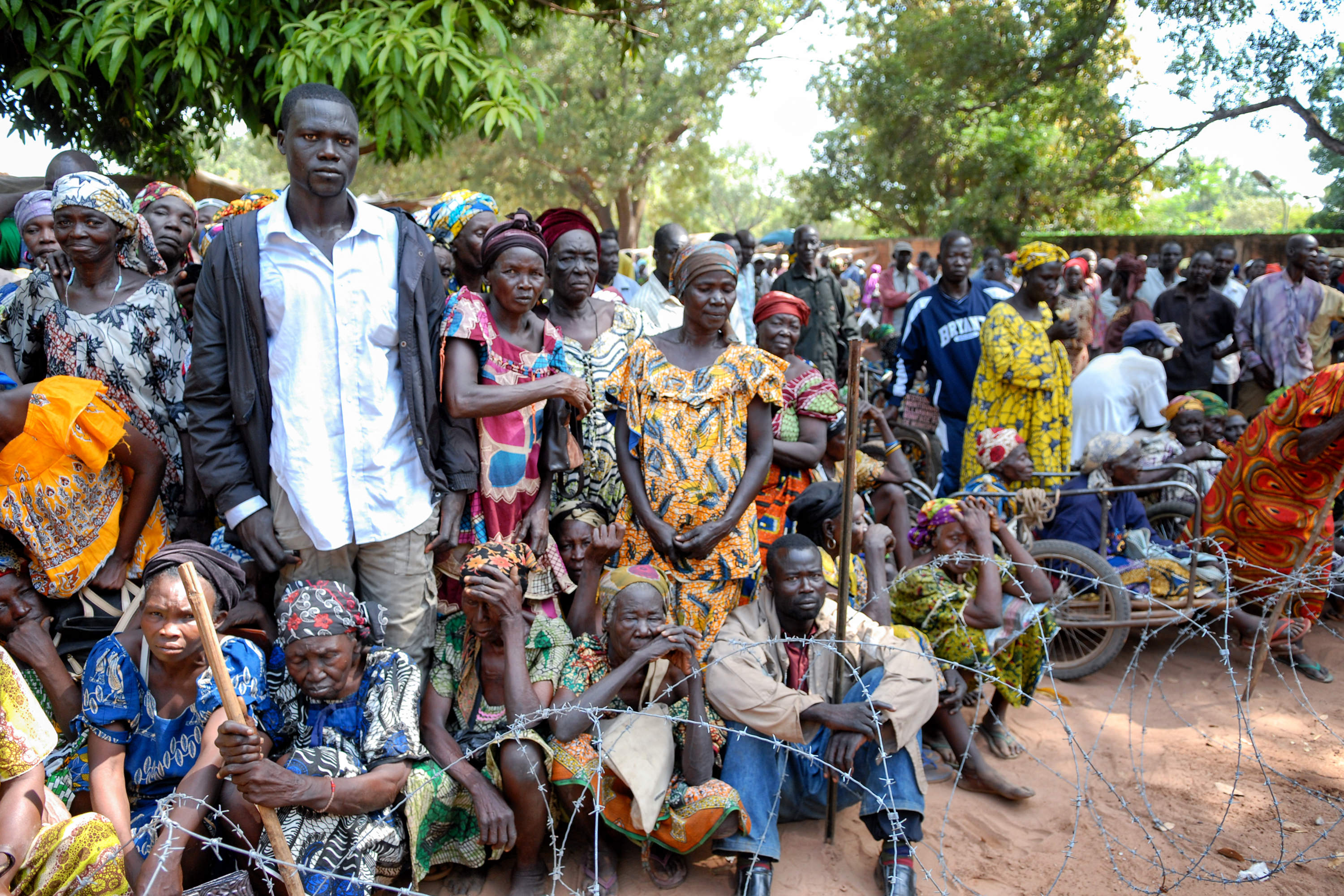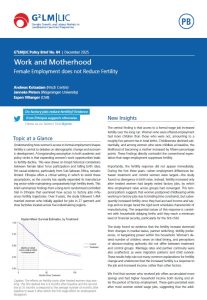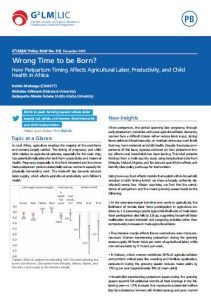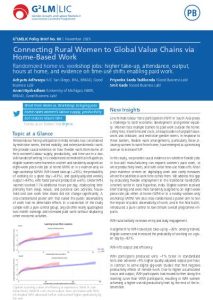Our newest publications
Work and Motherhood
Female Employment does not Reduce Fertility
By Andreas Kotsadam, Janneke Pieters, and Espen Villanger
Understanding how women’s access to formal employment shapes fertility is central to debates on demographic change and economic development. A longstanding assumption in both academic and policy circles is that expanding women’s work opportunities leads to fertility decline. This view draws on broad historical correlations between female labor force participation and falling birth rates....
Wrong Time to be Born? How Peripartum Timing Affects Agricultural Labor, Productivity, and Child Health in Africa
By Kelvin Mulungu, Nicholas Kilimani, and Gebeyehu Manie Fetene
In rural Africa, agriculture employs the majority of the workforce and remains largely rainfed. The timing of pregnancy and child-birth relative to agricultural calendar, especially for the main crop, has potential implications for both farm productivity and maternal health. Pregnancy (especially in the third trimester) and the immediate postpartum period substantially reduce women’s capacity...
Strengthening Childcare Markets through Social Franchising: Evidence from Kenya
By Emily Beam, Anne Fitzpatrick, and Maira Emy Reimão
High-quality daycare has the potential to be a “triple-win”: fostering child development, increasing parental income, and increasing daycare profits in a mostly female workforce. However, in many low- and middle-income countries, the daycare industry is largely unregulated. Quality is often low especially in poor communities—and raises child safety and health concerns. Low quality may...
Structural Stagnation: Sudan’s Agrarian and Informal Labor Market
By Caroline Krafft and Ragui Assaad
Sudan’s last labor force survey was in 2011 and its last nationally-representative household survey was in 2014. This brief reviews the results of the publicly available Sudan Labor Market Panel Survey 2022, the first nationally-representative household survey since 2014, covering an array of labor and human development topics. These data preceded the 2023 civil...
Connecting Rural Women to Global Value Chains via Home-Based Work
By Achyuta Adhvaryu, Priyanka Sarda, Anant Nyshadam, and Smit Gade
Female labour force participation in India remains low, constrained by restrictive norms, limited mobility, and extensive domestic work. We provide causal evidence on how flexible work-from-home affects women’s labour supply, productivity, and time use in a low-skill handicraft setting. In a randomized controlled trial in Rajasthan, eligible women were trained in crochet and randomly...
